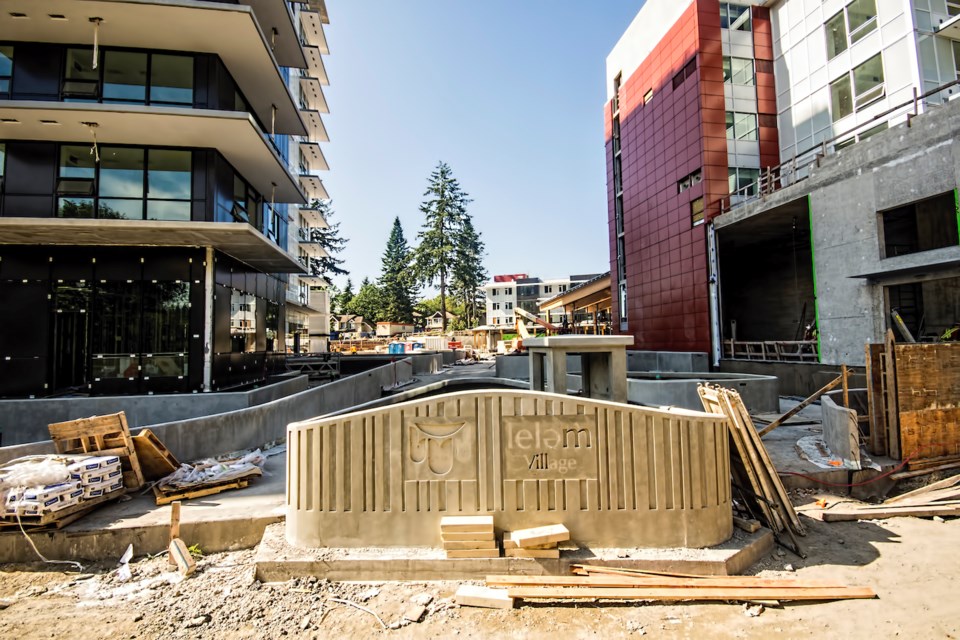In what could set a precedent for residential development in Metro Vancouver, the Property Assessment Appeal Board has ruled that the Additional School Tax (AST) being levied on a market and rental housing project near the University of British Columbia (UBC) by Musqueam Capital Corp. is “counterproductive” and should not apply.
Ryan Property tax experts Paul Sullivan and Ryan Tung, who quarterbacked the successful $2.2 million tax appeal with their legal team, welcomed the ruling’s finding that it would be “contrary to the objective of the AST if it is imposed while the housing is in the process of being developed.”
Started in 2019, the is applied on the portion of the net taxable value of a dwelling property that exceeds $3 million. The rate is 0.2 per cent on values between $3 million and $4 million and rises to 0.4 per cent for residential property value at more than $4 million.
The tax is applied to existing residential property and most residential land that is deemed vacant.
In 2008 the B.C. government transferred land ownership of a 21-acre site, along with University Golf Course, to the Musqueam as part of a reconciliation agreement with the First Nation.
The 21-acre site, valued at nearly $300 million, is now undergoing construction as part of a 20-year phased residential and retail project, known as Lelam Village, that will deliver 1,200 condos and rental units. The site is within the University Endowment Lands just east of the UBC campus.
Sullivan noted the Musqueam project plan took years to get through the approval processes of various governing bodies, including the provincial government. A rezoning application was submitted in December 2013. Three years later, the rezoning application was granted. A subsequent building permit was issued in November 2019.
“So six years later, they could actually start putting shovels in the ground,” Sullivan said.
One of the key issues on appeal was the definition of “no present use” under two separate pieces of legislation, the Assessment Act and the School Act. Amir Kaboodani, a senior appraiser with BC Assessment felt “construction of the foundation” was the only appropriate definition to qualify for tax exemption.
However, the appeal board disagreed, noting significant construction-related development work had already occurred, citing the rezoning application, significant financing and security in place, lot clearing and fencing, as well as work on water, sewer and hydro needs, for a total of $25 million spent on hard and soft costs.
“The ordinary meaning of the term: “no present use” in the context of section 117.1(1)(a) of the School Act cannot include land that is under development,” the decision noted.
The , added that “the development process is indispensable to the creation of residential properties that will then address the housing crisis.”
Stephen Lee, CEO, Musqueam Capital Corp., praised the panel decision. "The Appeals Board ruling supports our ongoing efforts in not only bringing much-needed residential development, but of equal importance, supports Musqueam’s economic development without counterproductive taxation measures."
All of the homes being sold at Lelam Village are leasehold property, on 99-year leases. Cedar Walk, by Polygon, the first strata complex on the site, began presales two years ago with one-bedrooms priced from around $770,000 and two bedrooms starting at $928,800.



